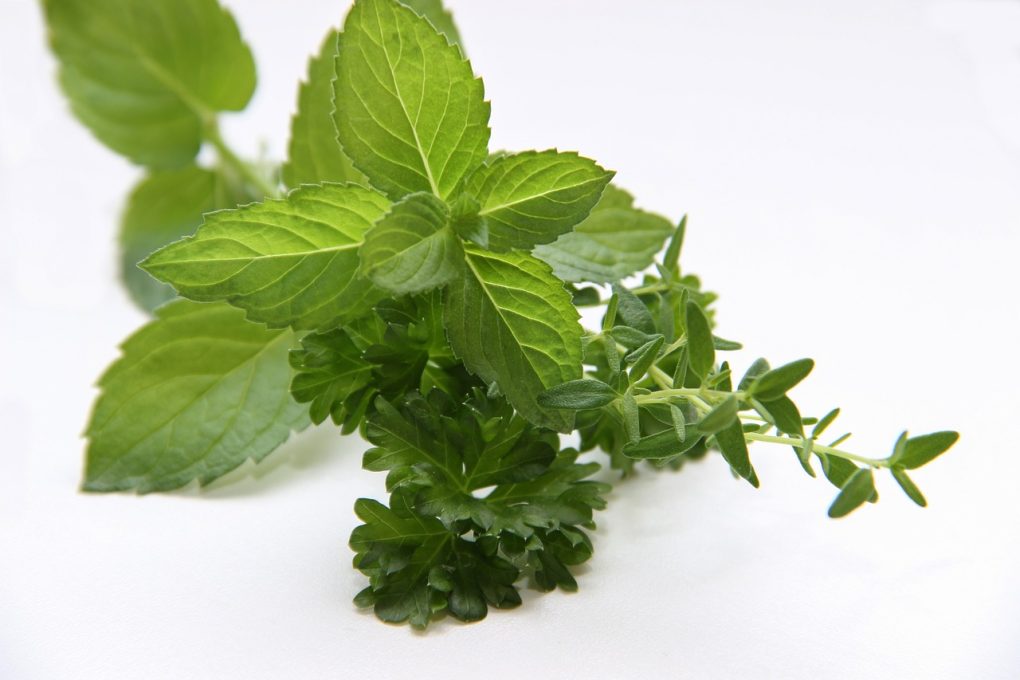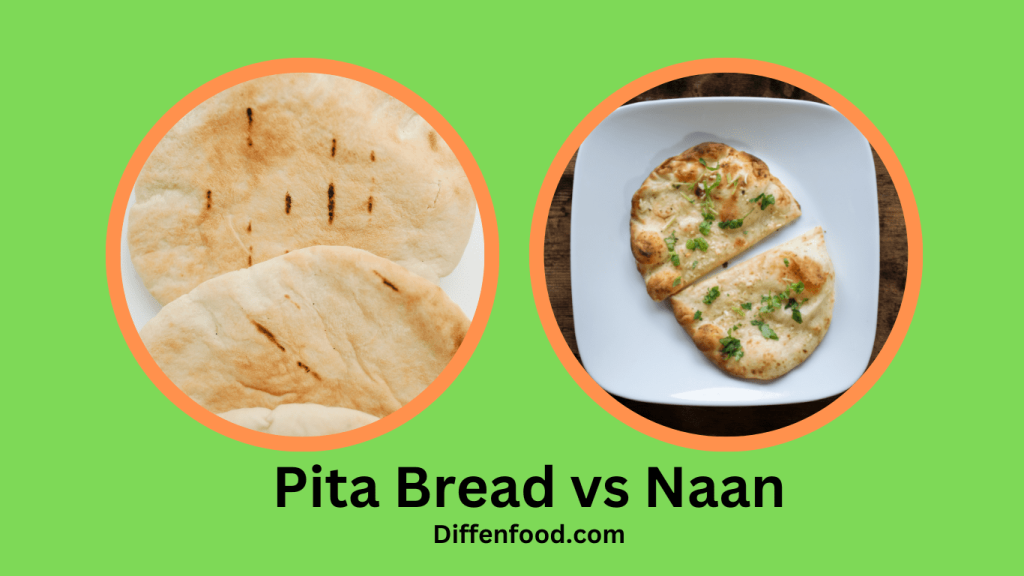
It’s no secret that sugar is an important part of many people’s diets, but it’s important to understand the differences between the various types of sugars available. In this guide, we’ll explore the differences between coconut sugar and cane sugar, so you can make an informed decision about which one is best for you.
What is Coconut Sugar?
Coconut sugar is a natural sweetener made from the sap of the coconut tree. It has a light golden-brown color and a flavor that resembles dark brown sugar. This sweetener is composed of simple sugars like glucose, fructose, and sucrose, as well as other nutrients, including vitamins, minerals, and antioxidants. Coconut sugar has a lower glycemic index than regular white sugar, so it can be used as a healthier alternative.
The Benefits of Coconut Sugar
Coconut sugar is full of nutrients that can benefit your health. It contains essential vitamins and minerals, such as B vitamins, zinc, iron, and potassium. It also has a lower glycemic index than white sugar, which means it’s less likely to cause a spike in blood sugar levels. Coconut sugar is also a good source of fiber, which can help promote healthy digestion and prevent constipation.
How to Use Coconut Sugar
Coconut sugar can be used in many different ways. It can be used as a substitute for white sugar in baking recipes, or as a topping for oatmeal or yogurt. You can also use it in place of honey in tea or coffee. It’s also a great way to sweeten smoothies or homemade granola bars.
Coconut Sugar vs. Other Sugars
Coconut sugar is a healthier alternative to other sugars, such as white sugar, brown sugar, and agave nectar. Compared to white sugar, coconut sugar has a lower glycemic index, so it’s less likely to cause a spike in blood sugar levels. It also contains essential vitamins and minerals, as well as fiber, which can help promote healthy digestion.
Coconut Sugar in Recipes
Coconut sugar is a great addition to recipes. It can be used as a substitute for white sugar in baking recipes, or as a topping for oatmeal or yogurt. You can also use it in place of honey in tea or coffee. It’s also a great way to sweeten smoothies or homemade granola bars.
Recipes to Try
Here are some delicious recipes that feature coconut sugar:
- Chocolate Chip Coconut Sugar Cookies
- Coconut Sugar Banana Bread
- Coconut Sugar Caramel Sauce
- Coconut Sugar Crumble
- Coconut Sugar Date Bars
Tips for Baking With Coconut Sugar
When baking with coconut sugar, keep in mind that it has a lower glycemic index than white sugar. This means that it won’t cause a spike in blood sugar levels. Additionally, coconut sugar is more moisture-dense than white sugar, so you may need to reduce the amount of liquid in the recipe.
Storing Coconut Sugar
Coconut sugar should be stored in an airtight container in a cool, dry place. It can last up to two years, but it’s best to use it within one year for optimal freshness.
What is Cane Sugar?

Cane sugar, also known as sucrose, is a natural sweetener made from the juice of sugarcane plants. It has been used for centuries to sweeten beverages and desserts. Cane sugar is a popular choice among many culinary enthusiasts because of its unique flavor and versatility. But what exactly is it and how is it used in the kitchen? Let’s explore the answers to these questions and more.
What is the Difference between Cane Sugar and Other Sugars?
Cane sugar is a type of natural sugar that is derived from the juice of sugarcane plants. Unlike other sugar sources, such as white refined sugar, it is unrefined and contains more minerals and vitamins. In addition, it is considered to be a healthier option than other forms of sugar, as it has a lower glycemic index and is less processed.
How is Cane Sugar Made?
People make cane sugar by extracting the juice from the sugarcane plant and boiling it down to a syrup. Once the syrup cools, they dry it and grind it into a fine powder. Then, they mix this powder with other ingredients to create various products like granulated sugar, brown sugar, and powdered sugar.
What is the Nutritional Value of Cane Sugar?
Cane sugar is a good source of energy, as it contains carbohydrates and a small amount of protein. It also contains a variety of vitamins and minerals, including calcium, potassium, magnesium, phosphorus, and iron. Additionally, it contains small amounts of dietary fiber.
What Are the Benefits of Consuming Cane Sugar?
Cane sugar has a number of benefits. It is a natural sweetener that provides a unique flavor and is less processed than other forms of sugar. It is also a good source of energy and contains vitamins and minerals that can help to boost your health.
What Are the Downsides of Consuming Cane Sugar?
Although cane sugar is a healthier option than other forms of sugar, it is still a source of empty calories and should be consumed in moderation. Additionally, it can cause a spike in blood sugar levels, so it is important to be mindful of your intake.
What Are Some Creative Ways to Use Cane Sugar?
People can use cane sugar in a variety of creative ways. They can use it to sweeten drinks like tea, coffee, and smoothies. It is also suitable for baking, including cakes, cookies, and pies. Moreover, they can sprinkle it on top of fresh fruit or yogurt to enjoy a sweet and delicious treat.
How Can Cane Sugar Help to Enhance the Flavor of Foods?
Cane sugar is a great way to enhance the flavor of both sweet and savory dishes. It can be used to sweeten sauces and stir-fries, as well as to add a touch of sweetness to salads and dressings. Additionally, it can be used to make jams, jellies, and marmalades.
What Are Some Tips for Cooking with Cane Sugar?
When cooking with cane sugar, it is important to remember that it has a higher burning point than other sugars, so it is best to use it in recipes that call for a lower cooking temperature. Additionally, it is best to avoid over-cooking with cane sugar, as it can cause the food to become overly sweet.
What Are Some Recipes That Feature Cane Sugar?
Cane sugar can be used in a variety of recipes, from sweet treats to savory dishes. Here are a few recipes that feature cane sugar as an ingredient:
9 Key Differences Between Coconut Sugar and Cane Sugar
Are you trying to decide between coconut sugar and cane sugar? You may be wondering what the differences are between these two popular sweeteners. Well, you’ve come to the right place! In this blog post, we’ll discuss the nine key differences between coconut sugar and cane sugar.
9 Key Differences Between Coconut Sugar and Cane Sugar
Are you trying to decide between coconut sugar and cane sugar? You may be wondering what the differences are between these two popular sweeteners. Well, you’ve come to the right place! In this blog post, we’ll discuss the nine key differences between coconut sugar and cane sugar.
Difference in Calorie Content
The calorie content of coconut sugar and cane sugar is one of the key differences between these two sweeteners. Coconut sugar contains about the same amount of calories as cane sugar, which is about 4 calories per teaspoon. However, because coconut sugar is less processed, it is generally considered to be a healthier option.
Difference in Glycemic Index
Another key difference between coconut sugar and cane sugar is their glycemic index. The glycemic index measures how quickly a food causes a spike in blood sugar levels. Coconut sugar has a low glycemic index of 35, while cane sugar has a high glycemic index of 65. This means that coconut sugar is less likely to cause a spike in blood sugar levels than cane sugar.
Difference in Nutritional Content
The nutritional content of coconut sugar and cane sugar is another key difference between these two sweeteners. Coconut sugar contains small amounts of minerals such as iron, zinc, potassium, and magnesium. It also contains small amounts of B vitamins. Cane sugar, on the other hand, does not contain any minerals or vitamins.
Difference in Taste
The taste of coconut sugar and cane sugar is also quite different. Coconut sugar has a slightly caramel-like flavor, while cane sugar has a more traditional sweet flavor.
Difference in Color
The color of coconut sugar and cane sugar is another key difference between these two sweeteners. Coconut sugar is a light golden brown color, while cane sugar is a white, granulated sugar.
Difference in Uses
The uses of coconut sugar and cane sugar are also quite different. Coconut sugar is often used to sweeten beverages, baked goods, and desserts. It is also used as a topping for foods like oatmeal and yogurt. Cane sugar, on the other hand, is mostly used to sweeten beverages, such as coffee and tea.
Conclusion
When it comes to choosing the right type of sugar for your diet, it’s important to consider the differences between coconut sugar and cane sugar. Coconut sugar is generally considered to be more sustainable and have a lower glycemic index than cane sugar, but it is more expensive and may have a coarser texture. Cane sugar is cheaper and more uniform in texture, but it is produced from sugarcane, which can have a negative environmental impact. Ultimately, the choice is up to you – just make sure to do your research before choosing the right one for you.





